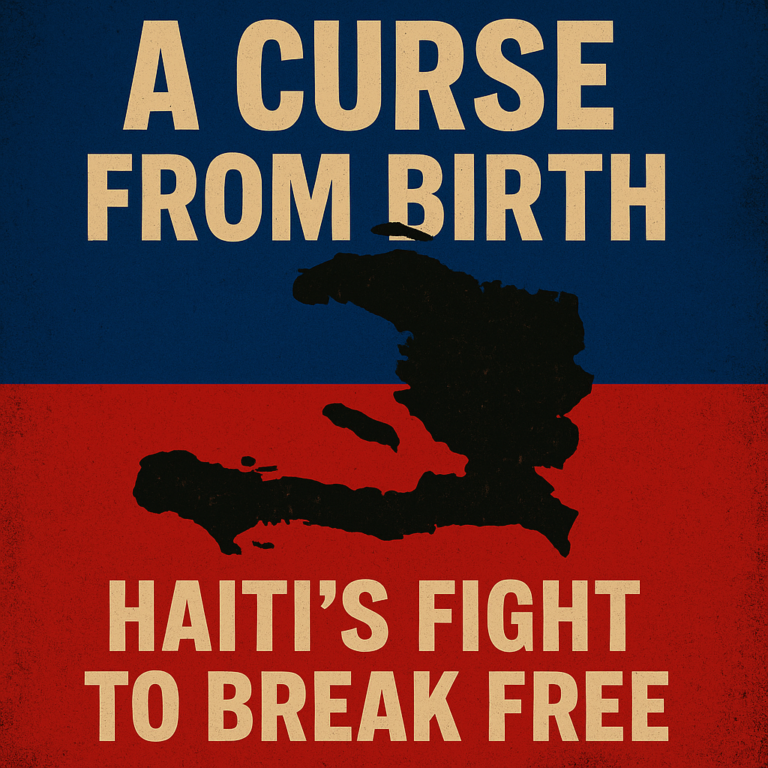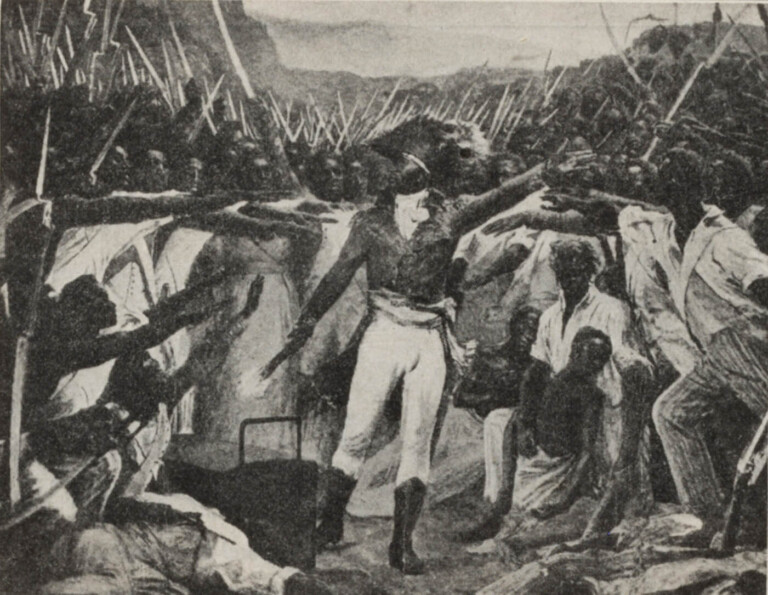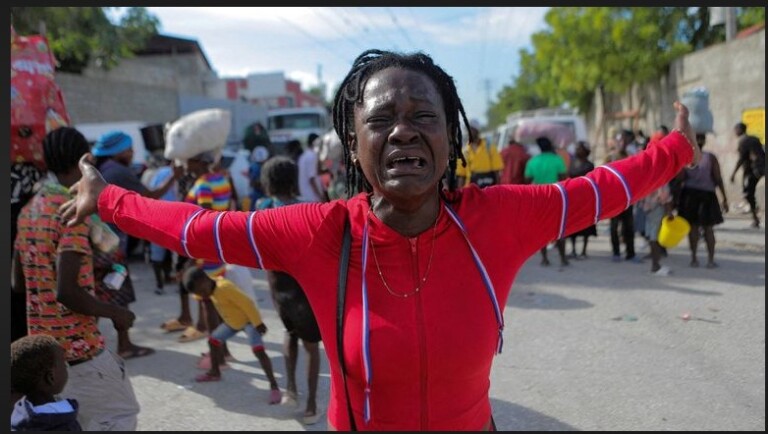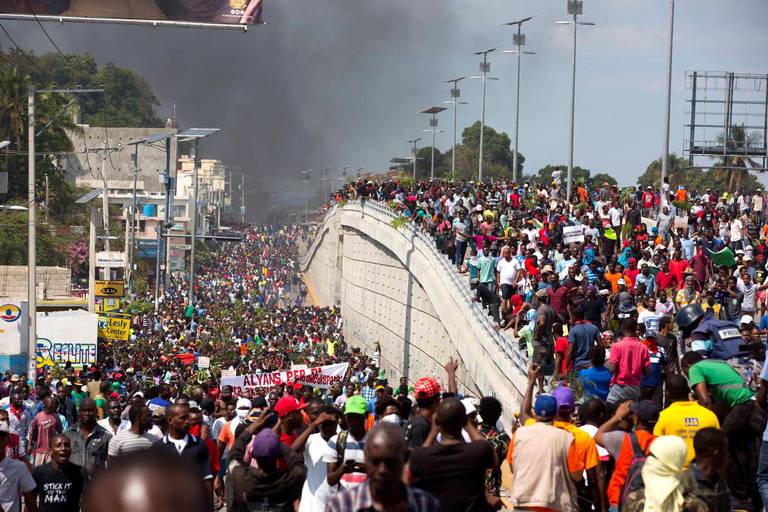In Season 1, Episode 2 of The Figaro Family Secrets / Legacy, titled “Cracks in the Façade,”...
Haiti
On May 18th, Haitians across the globe stand tall beneath a flag that is more than just...
Rain lashed against the glass windows of the Figaro estate, mimicking the storm that now raged within...
From the ashes of slavery, a revolution was born. In 1804, Haiti shattered the unthinkable—it became the...
Haiti, the first Black republic in the world, was born from the blood, courage, and resilience of...
Haiti, once a vibrant nation rich with culture and resilience, now lies in ruins, its cries for...
Since the assassination of President Jovenel Moïse on July 7, 2021, Haiti has faced escalating turmoil marked...
The morning sun cast a golden hue over the sprawling Figaro estate, but the air was thick...
The Uninvited GuestThe rain fell like a curtain of secrets, shrouding the Figaro mansion in an ominous...
The mansion stood eerily still that night, cloaked in a suffocating tension that seemed to creep into...














